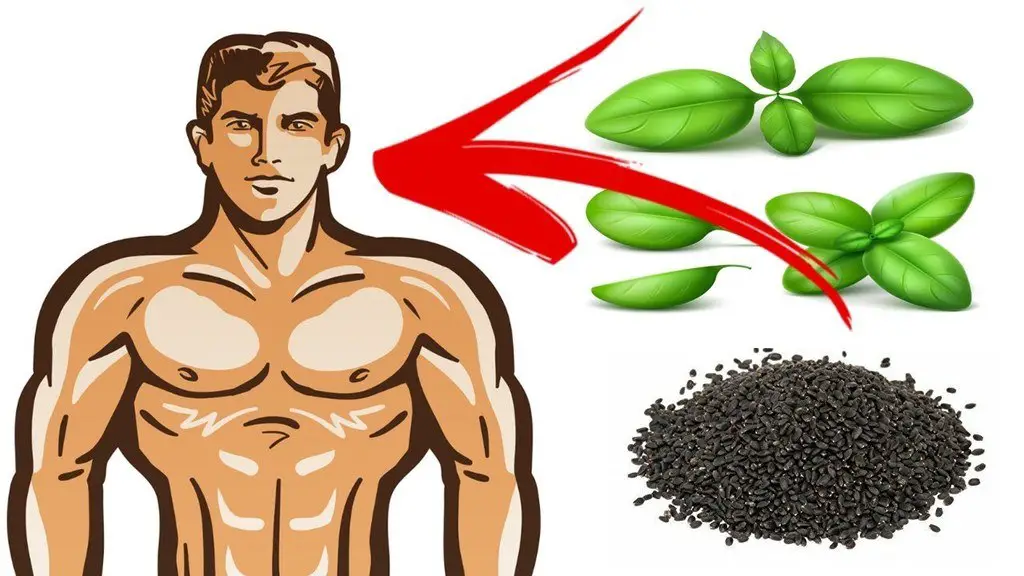Basil seeds, otherwise known as tulsi or sabja seeds, are seeds from the sweet basil plant, which is native to India. As you probably know if you’re a pesto fan, the herbs of the basil plant are known to very healthy, but it’s lesser known that the seeds are also incredibly beneficial to the body. You may have missed these nutrient-dense seeds on the supermarket aisle, or skipped past them at your local health store, but not anymore.
In this video, we’ll be discussing some of the most amazing basil seed benefits, but first, let’s take a quick look into how to correctly eat basil seeds.
How to Eat Basil Seeds
Basil seeds are most nutritious when they’re soaked in water before being consumed. They begin to swell at the touch of water, with a translucent white film coating each black seed, and they become twice their size. If you’ve ever eaten chia seeds, basil seeds are very similar.
You can soak about two teaspoons of basil seeds in a cup of warm water for about 15 minutes. Warm water causes the seeds to fully swell up, releasing antioxidants and beneficial digestive enzymes.
There are plenty of basil seed uses. These fragrant seeds don’t really have a distinct taste and can be added to a variety of dishes for a nutrition boost.
They’re great as a garnish for drinks and desserts. Blended in lemonade or sprinkled over kulfi, they give off their own fresh and grassy fragrance. You can munch on these seeds as a low-calorie snacking alternative or add them to pasta or soups for a crunchy feel.
Basil Seed Benefits
Basil seeds are popularly used in Ayurvedic and Chinese Medicine and have many more health benefits that you may have not known. Here are some basil seeds benefits:
1. Helps in Weight Loss

Basil seeds are known to be rich in alpha-linolenic acid (ALA), which comes from high levels of Omega-3 fatty acids present in the seeds. These acids help in boosting the fat burning metabolism in the body.
The seeds are also full of fibre, and just 1 tablespoon of basil seeds supplies 7 grams of fibre — 25 percent of the recommended daily intake. In this way, they help to keep your stomach satisfied for longer and prevent unwanted cravings. Supporting studies have found that basil seeds can additionally produce a hormone that promotes a sense of fullness for longer.
You can add basil seeds to a bowl of yoghurt or sprinkle some in a fruit salad as a pre-meal snack to control your appetite. Another good idea is to mix basil seeds into your breakfast, which will help you to keep going for longer throughout the morning without reaching for a high-sugar food to keep you going.
2. Reduces Body Heat
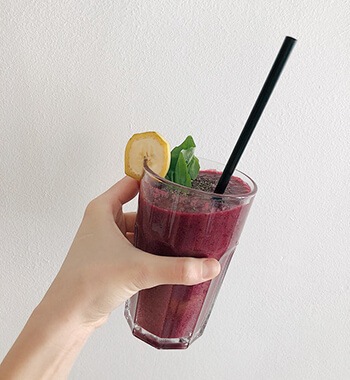
In some Asian countries like Thailand, basil seeds are used to make a drink along with water, sugar, honey, and sometimes coconut milk. This is a great drink to sip on to beat the scorching summer heat, as basil seeds are thought to be some of the best natural body coolants. They’re known to lower your body heat, which is why people often add them to refreshing drinks like sherbets or milkshakes.
Make your own basil seed drink by combining a teaspoon of the seeds with whatever cool, sweet beverages you have available in your fridge. This should work a treat to cool your whole body down and stop you from feeling hot and flustered.
3. Controls Blood Sugar Levels
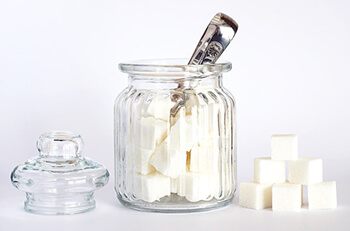
Basil seeds are considered to be good for type 2 diabetics as they’re known for their ability to keep a check on blood sugar levels. They slow down the metabolism of your body and control the conversion of carbohydrates into glucose.
To use basil seeds for controlling your blood sugar levels, just mix soaked basil seeds in a glass of milk and have it for breakfast. It makes for a wonderful healthy drink.
Be sure to consult your doctor if you have any concerns, and don’t consider using basil seeds alone to cure your diabetes, as they’re nowhere near powerful enough for the job.
4. Relieves Constipation and Bloating
Basil seeds are said to naturally detox your body and regulate smooth bowel movements. Many people swear by drinking a glass of milk with some basil seeds before going to bed for a couple of days to ease their constipation symptoms. This beverage acts as a natural stomach cleanser.
As basil seeds contain volatile oils that help to relieve gas from the gastrointestinal tract, they can also prevent uncomfortable symptoms of bloating. Not only that, but the seeds contain pectin, which has prebiotic benefits, meaning basil seeds may nourish and increase beneficial gut bacteria.
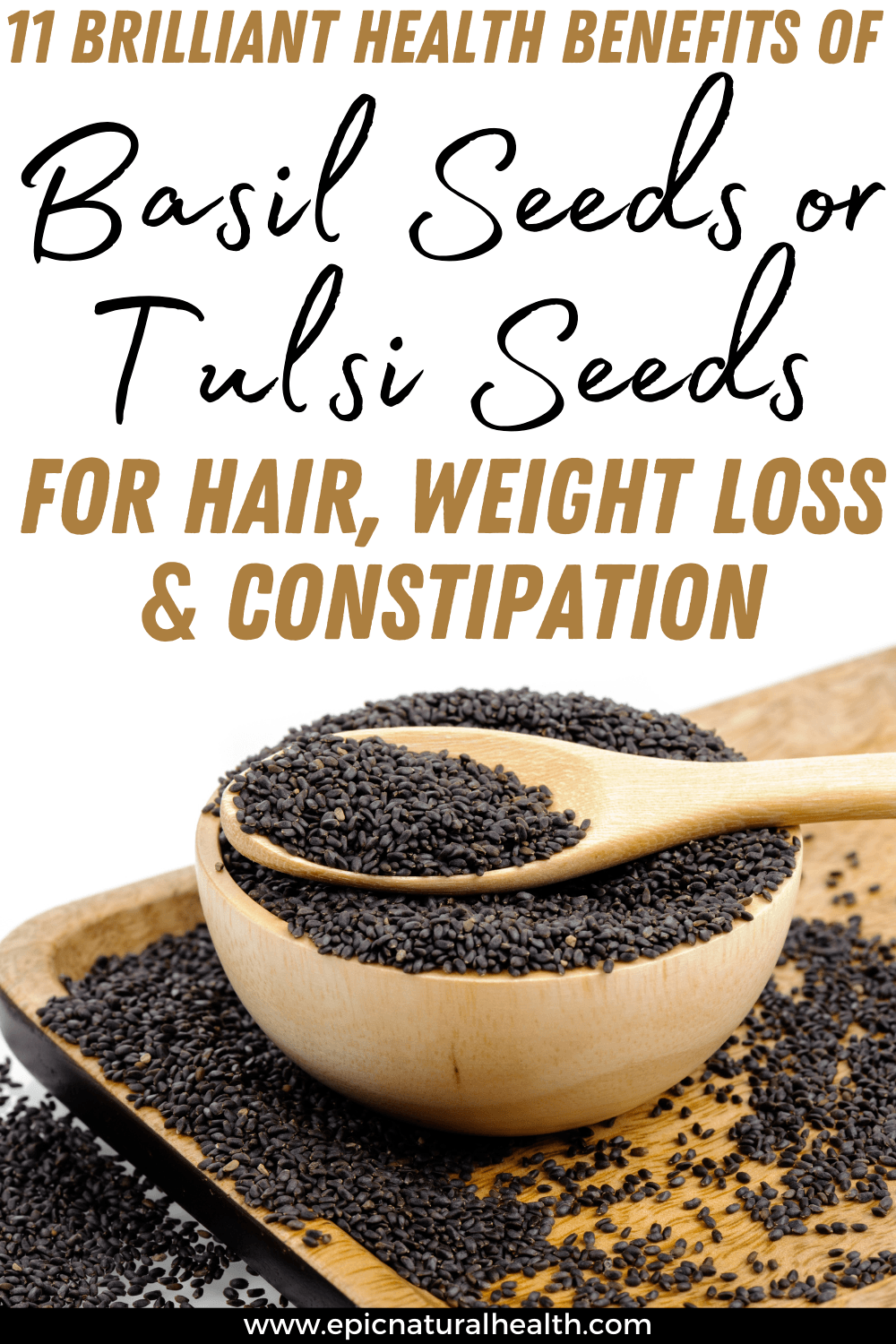
5. Treats Acidity and Heartburn
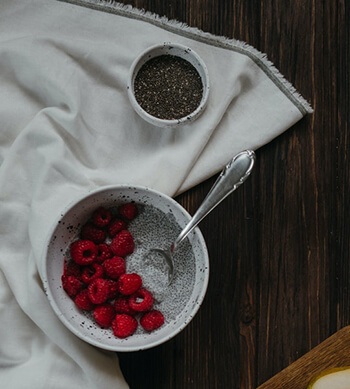
Basil seeds soothe stomach burn and their diuretic functions flush out the toxins from your body. They neutralise the acidic effect of HCL in the body and bring relief. Soaked basil seeds are full of water and they help in soothing the stomach lining and thus relieve the burning sensation.
To use basil seeds to treat occasional heartburn, try adding two teaspoons of the soaked seed mixture to your morning porridge or bowl of yogurt. If you suffer from chronic heartburn and acid reflux, you may also benefit from a daily dose of basil seeds. Just make sure to visit your doctor for additional treatment if the problem persists.
6. For Healthy Skin
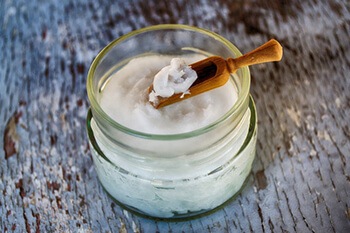
A great natural remedy for healthy skin is basil seeds. When you crush the seeds and add them to coconut oil, you can create a healthy and natural topical skincare treatment. Apply this solution straight onto the affected areas of your skin to help in treating a whole host of skin infections, including eczema and psoriasis.
To make the recipe, take a couple of tablespoons of basil seeds and crush them. Don’t soak them this time – just mix them into a cup of coconut oil and warm the mixture for a few minutes before using.
Eating basil seeds regularly may also help with skin care, as they help your body to secrete collagen, which is required to form new skin cells when they’re damaged due to everyday wear and tear.
7. Cures Cough and Flu

Basil seeds have antispasmodic properties, which means that they soothe tension in the spasmatic muscles and relax them. This way, they help in controlling coughs and colds, and can also strengthen the immunity of the body. Flavonoids like vicenin, orientin and beta carotene found in basil seeds can also fortify the body’s defense system.
The most soothing basil seed remedy for cold and flu is to add a tablespoon of the seeds to a warm cup of water and wait for them to absorb the liquid. Then add your favourite sweeteners, like honey and cinnamon, for a cold-fighting remedy.
8. Promotes Healthy Hair

Protein is an essential requirement for our hair, and basil seeds can provide a whopping amount of this nutrient to our body. You can mix equal quantities of Indian gooseberry and basil for the highest protein result. Some studies have found that this combination may stop the premature greying of hair as well, though more research is needed for us to understand exactly why.
To try basil seeds for healthy hair yourself, make a paste using cold water and a couple of tablespoons of seeds and leave it to combine overnight. Then add a small amount of coconut oil to the paste and stir the mixture so the oil evenly mixes in.
Apply the paste directly onto your hair, and leave it for 10 minutes before washing off in the shower. This will help to strengthen your hair and reduce hair fall.
9. Packed with Nutrition
Basil seeds are packed with a whole lot of essential nutrients, which are required by our body. In fact, adding these seeds to your diet can help you to take in the required amounts of carbohydrates, proteins, fats, sugar, dietary fibres, vitamins, minerals, and calories. This, as a result, will not only help to regularize your bodily functions but also keep you protected from a number of ailments.
If you’re just looking to stay healthier in general, adding basil seeds to your daily diet is a great way to do so. Try stirring them into your curries and stews if you’re not a fan of their flavour in sweet dishes.
10. Relieves Stress

Stress is related not only to the circumstances we’re faced with on a daily basis but also the foods we consume in our diet. Studies have found that the consumption of basil seeds produces an uplifting effect on mood.
As a result, it helps relieve mental fatigue, migraines, depression, melancholy, and stress. In fact, because it has a calming effect on the body, the herb is typically used for aromatherapy purposes.
One of the simplest ways to enjoy the stress-relieving benefits of basil seeds is to make a simple basil seed tea. The act of drinking tea can be ritualistic in itself, and many people believe it to be as calming as yoga. It promotes clear thoughts, relaxation, and a sense of wellbeing. Just make sure to give the seeds time to absorb into the water before you drink it.
11. Reduces heart disease risk
Basil seeds contain an average of 2.5 grams of omega 3 fat per 1-tablespoon serving. These healthy fats can lower elevated triglyceride levels, reducing your risk of heart disease, which is often caused by high levels of this blood fat.
Basil seeds also have potent antioxidant properties that help to neutralize free radicals, which are known to cause an increase in oxidative stress that can contribute to heart failure.
Side effects of Basil Seeds

Though eating small doses of basil seeds is generally safe and heavy, there are a few potential side effects to be aware of. Children and pregnant women should avoid consuming basil seeds, as young children could choke on these seeds if they’re not mixed well with water.
In the case of pregnant women, the seeds are known to lower down the levels of estrogenic in the body, which may cause harm to the unborn baby. It’s best to consult your doctor if you’re pregnant or suffering from any other ailments before adding basil seeds to your diet.
Another thing to note is that basil seeds are quite high in calories because of their healthy fat content, so make sure not to over-consume them if you are trying to maintain a healthy weight.
Conclusion
There are endless benefits to basil seeds that make them an incredibly healthful addition to your daily diet. These seeds are available in supermarkets, health stores and online, and make a great alternative to chia seeds.
You can enjoy them in both sweet and savoury dishes throughout the day. Just remember that they’re hard to chew, so they’re best not eaten raw. Always mix them with water or another liquid when eating them.

